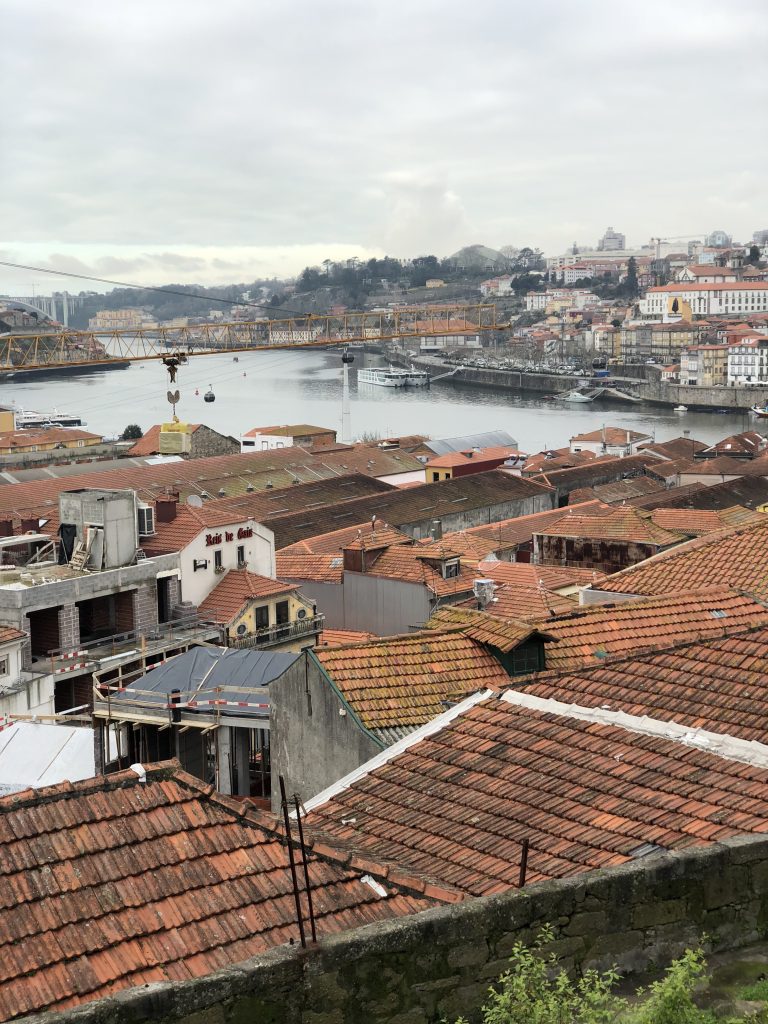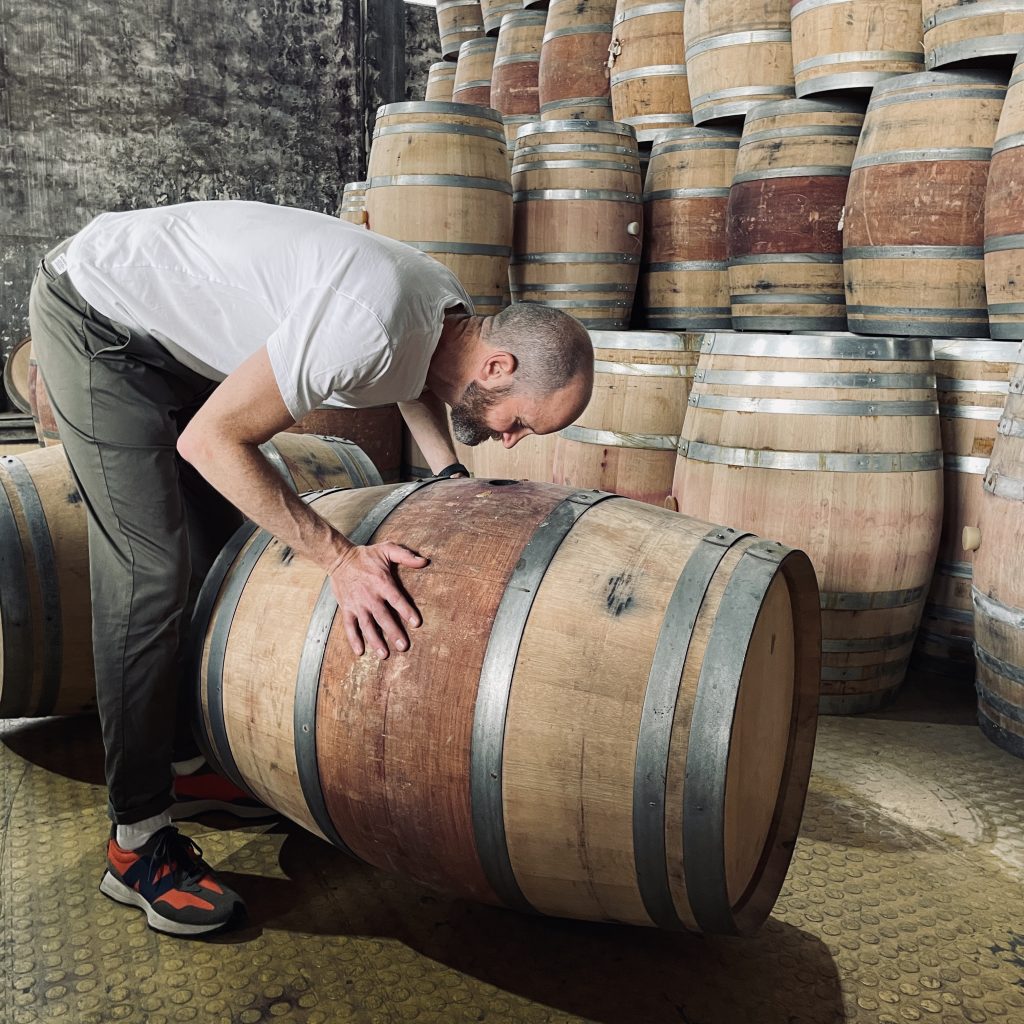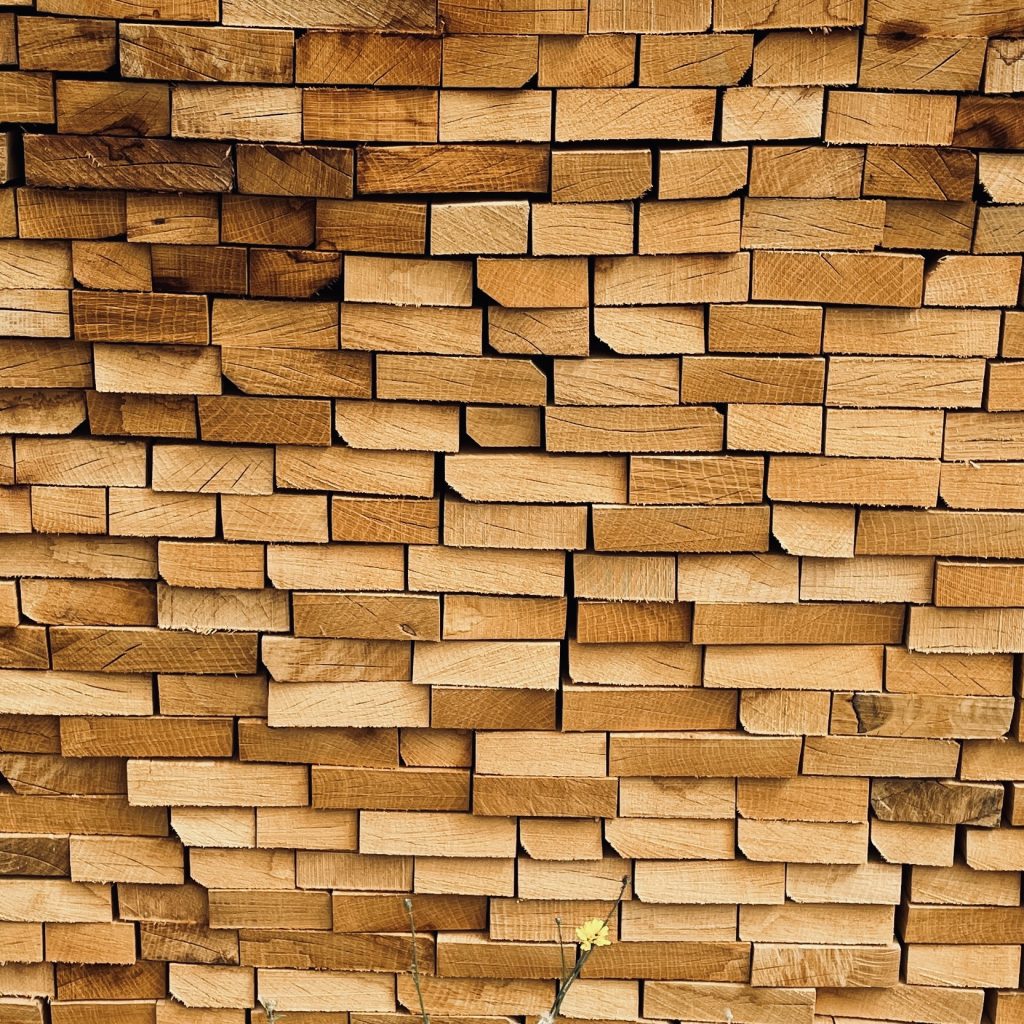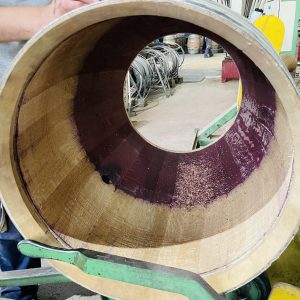
J.Dias Cooperage - A Family Business
We source our red wine (STR), Port casks and most of our wine casks from a small family-owned cooperage just outside Porto in Portugal. – J. Dias Cooperage, founded in 1935. Our Founders Max and Claire Vaughan visited the cooperage earlier this year to see our casks being produced.
Now in its fourth generation, it is currently headed up by Sandra Dias, who inherited the business from her father. Sandra studied chemistry before taking on the cooperage.
She heads up a team of 19 local people, who are highly skilled in traditional cask-making (coopering) techniques. We chose to partner with Dias to source many of our casks because of the company’s family heritage and reputation in the whisky industry, and their attention to craft and detail.
We believe that the liquid you put into a cask is as important as the cask itself, but woods effect on whisky is key to its final flavour profile. Therefore, casks need to be carefully chosen to make sure the whisky we produce is of the very best quality and taste. We trust J. Dias casks and a handful of other suppliers to help us achieve this.
Refill and Reuse
Casks are the ultimate in refill and reuse. Dias supplies both virgin casks and refurbished casks to the wine, spirits and beer industries, specialising in refurbishing casks, often multiple times, for various uses across the drinks industries. Each cask has a unique journey, some of which will be decades long.
For example, Dias makes virgin oak casks for the wine industry. Once these casks have been used to mature wine, Dias buy back these casks to refurb and sell them on to the whisky industry. This same cask can then be used to cask-condition beer. Dias will resell casks they have made originally numerous times. Each liquid that the cask holds seasons the wood, and imbues flavour into the next fill.
If the cask is being sold to a distillery for the purpose of finishing a spirit, Dias will specify for an amount of port, wine or spirit to be left in the cask. This residual liquid will flavour the next spirit to fill the cask, and also helps to prevent bacteria from growing within the cask whilst it’s in transit. If we’re ageing our single malt spirit in a Port, Sherry, Moscatel or Sauterne cask, Dias would have coopered the cask originally, but no refurb is required – the residual liquid is important to the final finish of the whisky. We’ve received port casks from Dias containing quite a lot of port!
Using The Right Wood
Cask production is still a very manually intensive process. It uses natural materials, and a lot of care is taken to ensure nothing contaminates the wood. The quality and provenance of the wood is absolutely key.
Sandra and her team source wood from all over the world, from reliable and sustainable sources where relationships have existed for many generations of the business.
When we visited the cooperage, we were able to compare the grain and density differences between different types of oak. The Portuguese oak was the heaviest, followed by French and American. All these factors influence the way the liquid inside the cask interacts with the wood. The people working in the cooperage are easily able to identify different types of wood by their defining characteristics.
For whisky casks, the staves of the cask can’t be less than 27mm in thickness. The red wine casks are thicker, to allow them to be shaved, toasted and re-charred when they’re used by the whisky industry. The late Dr Jim Swan worked with Dias on developing STR casks. Find out more about the STR cask process here.
Dias supply our STR casks, and we currently receive around 150 STR casks from them each year. We also buy casks to finish our single malt in from them, including sherry and port casks.






